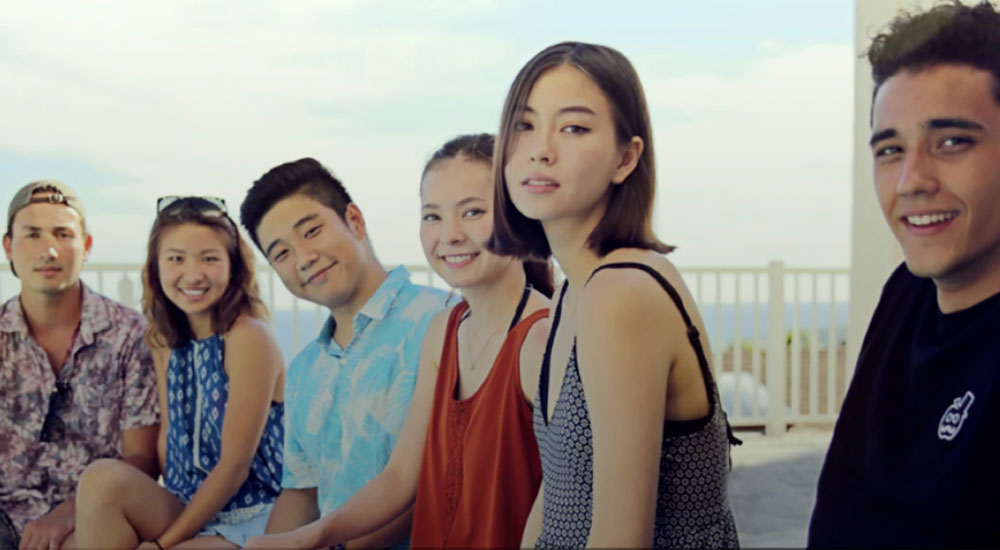The most relatable show on Netflix for any self-respecting adult is Terrace House.
It is a dating programme that takes a close-up look at humans, but without the sex. Therefore, it is lifestyle porn.
Just like a lot of people's lives, absolutely nothing much happens. Which makes it highly relatable. And global. Even though it is not in English.
As a result of the nothingness, it is the biggest sleeper hit. The antithesis of modern television.
Premise
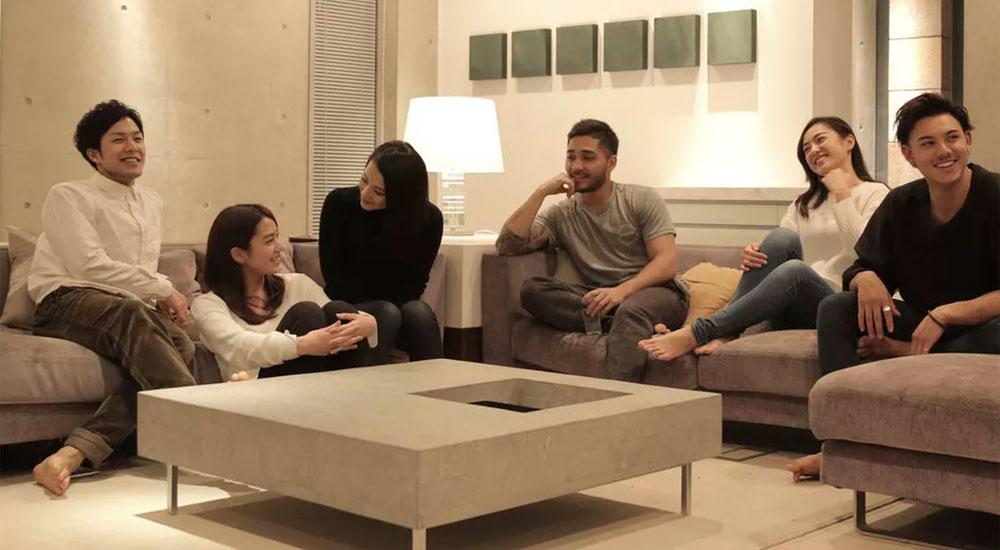
Six young Japanese-speaking people, aged 18 to 27, move into an impeccably sleek, modern and luxurious house and that's it.
The contestants dress up in understated Muji style. They are virtuous. And effing affable.
The three male and three female contestants spend their time getting to know one another. Their conversations are usually, “who is at work”, “what they ate for dinner”, and occasionally, “who they fancy”.
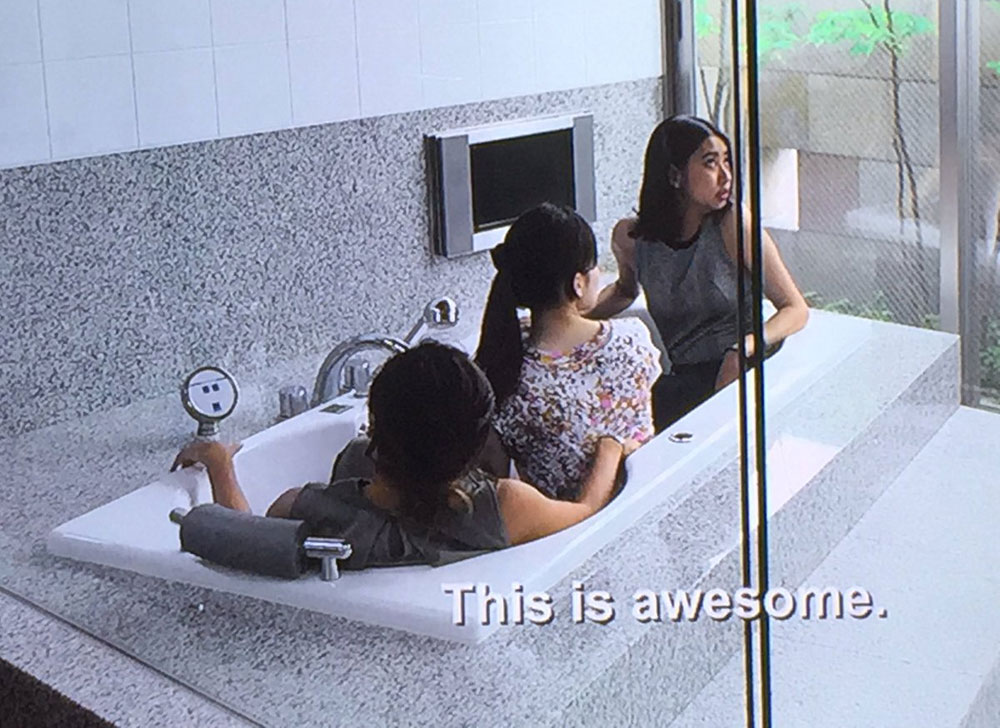
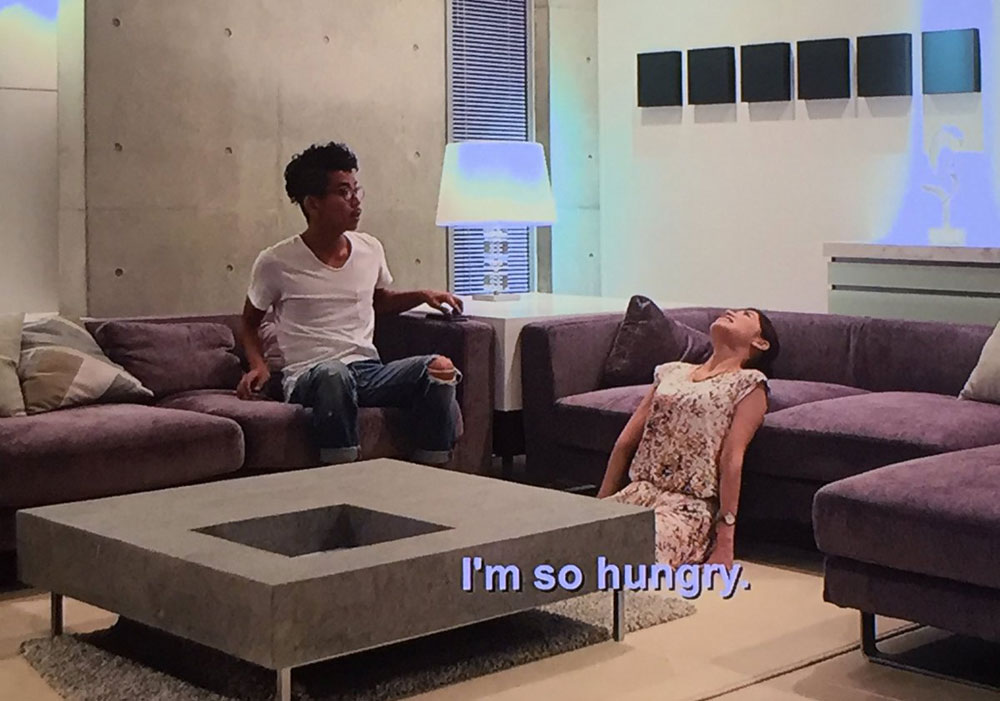
So, they go out with each other. Sometimes out of politeness. Other times because they harbour a smidgen of interest and are reciprocating. Such as when they go out to a Costco wholesale warehouse for a date.
Any sex that occasionally takes place allegedly happens in the house’s Japanese-style room for couples. But that part is left off-screen.
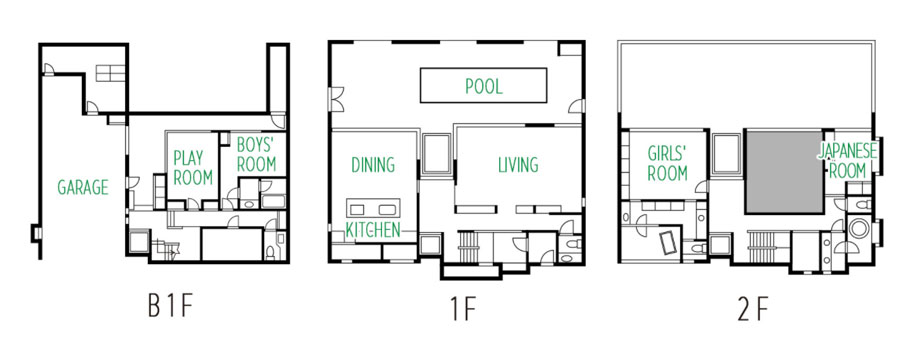 A floor plan of one of the houses in Terrace House.
A floor plan of one of the houses in Terrace House.
As most of the time morals are tight, the only thing that is loose is the show's structure. Contestants are allowed to keep their day jobs and go to school.
When they have had enough of living in the house, they voluntarily leave. Another contestant takes the place of the departed and shakes things up a little. Kudos to the producers and scouts who manage to rejig the chemistry each time.
No cash prizes. No winner-takes-all. Just that the contestants probably get a boost in their respective careers afterwards.
Otherwise, it even appears motive-less.
Note: The "terrace" in the title refers to a balcony. Because the original house had a terrace.
What you see is what you get.
[related_story]
Compelling
The show's mission statement, aired at the beginning of each episode, declares that we will “observe” how these six strangers interact.
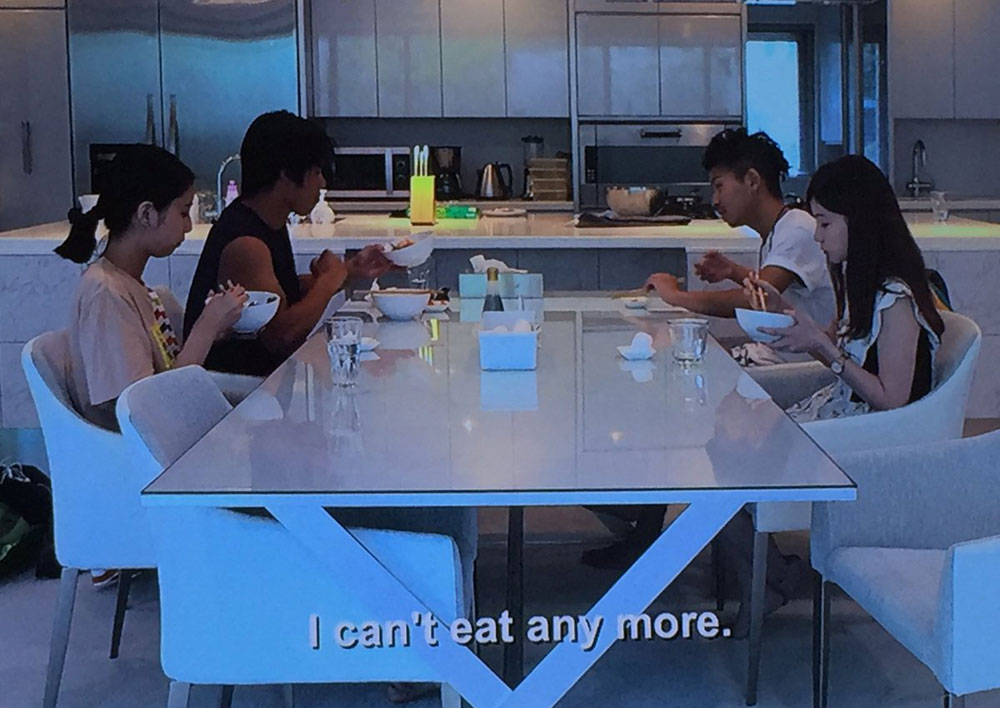

Conflict is resolved via mature talks. Contestants confront one another to verbalise how actions affected feelings.
Reality television is, when at its best, a view into a culture, and how it perceives itself.
This is at its pinnacle.
Viewers who don't speak Japanese are forced to keep their eyes glued to the screen to keep track of the subtitles.
You cannot multi-task while watching the series. It is difficult to do ironing or scroll through your Insta feed at the same time.
Contestants’ lives move at a snail’s pace. The most exciting aspect is about escaping the friendzone. The second most exciting aspect is the home-cooking that happens a lot in the house.
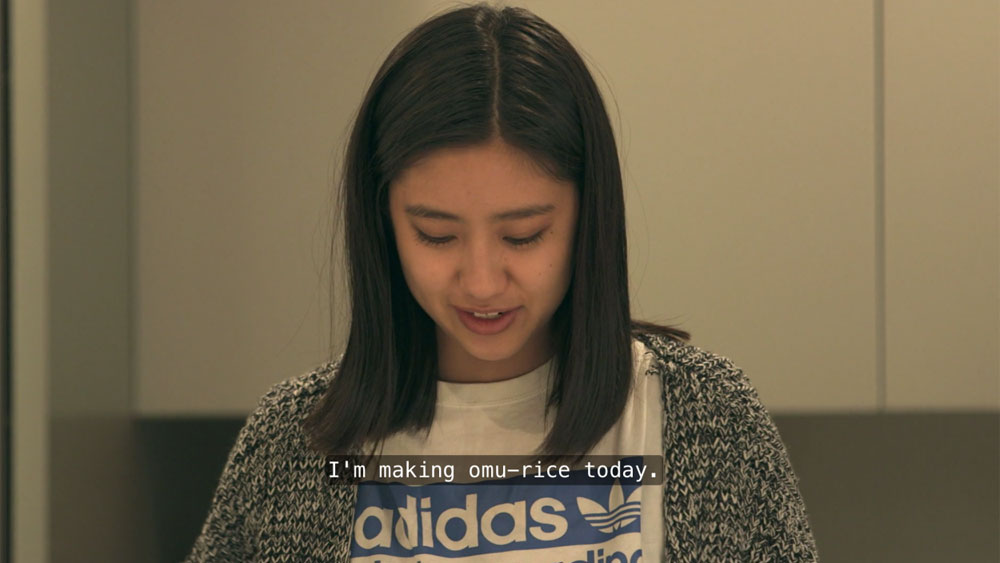
Contestants actually seem human despite the constant boozing. And incessant home-cooking.
The thrills and spills of the early days of a relationship thus become full-blown against a backdrop of very little going on.
Any hints of rejection or chemistry gets amplified many times -- like in real-life. Your inner life. Inside your head.
Example
In one episode, the cripplingly awkward but musically prodigious Yusuke asked 18-year-old crazy hot model Lauren out.
She didn't turn him down despite not being interested. She was just being too polite.
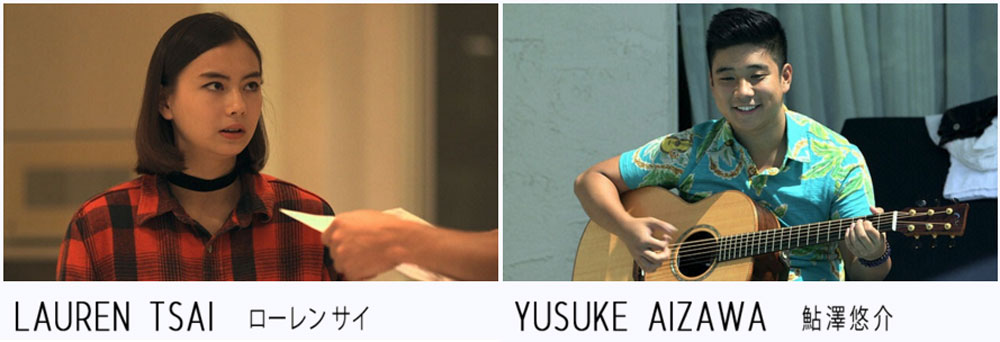
This was their conversation:
Yusuke: This isn't a sequel or anything, right? It's a new work?
Lauren: Yeah.
Yusuke: But it's the same...
Lauren: It's a new work by J K Rowling.
Yusuke: So it's by the same author as Harry Potter?
Lauren: It's not Harry Potter, but it's the same author. The feel will probably be similar.
Yusuke: Oh, the same author. I'm looking forward to it.
Lauren: I'm also looking forward to it.
Yusuke: It'll be good, I'm sure.
No confessional interviews. No speaking to the camera pieces, like those vulgar Americans and Brits.
The only insights come from a panel of six Japanese commentators — a mix of models, comedians, actors, and singers.
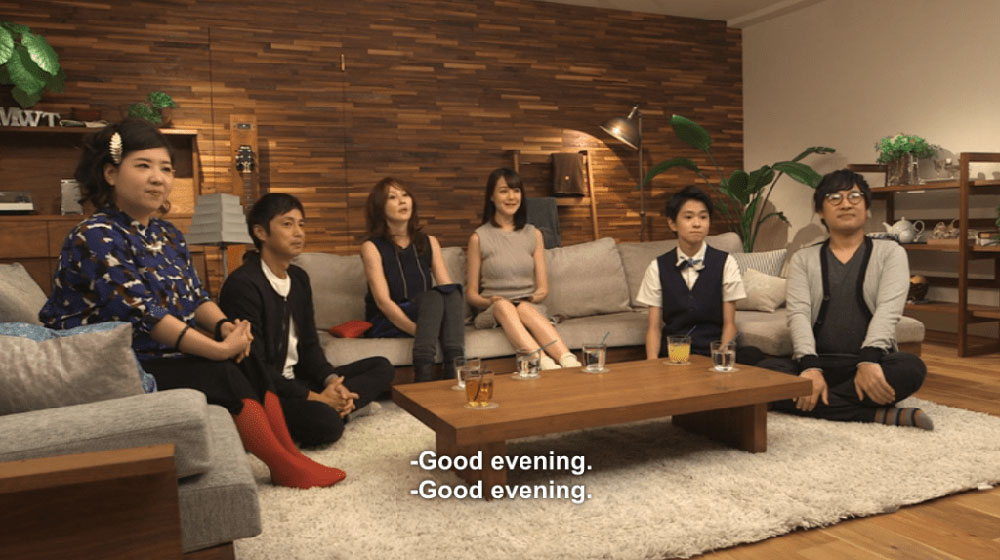
They discuss their feelings and crack jokes filled with innuendo as they check in throughout the episode to dissect banal conversations and overanalyse facial twitches or physical gestures of the contestants.
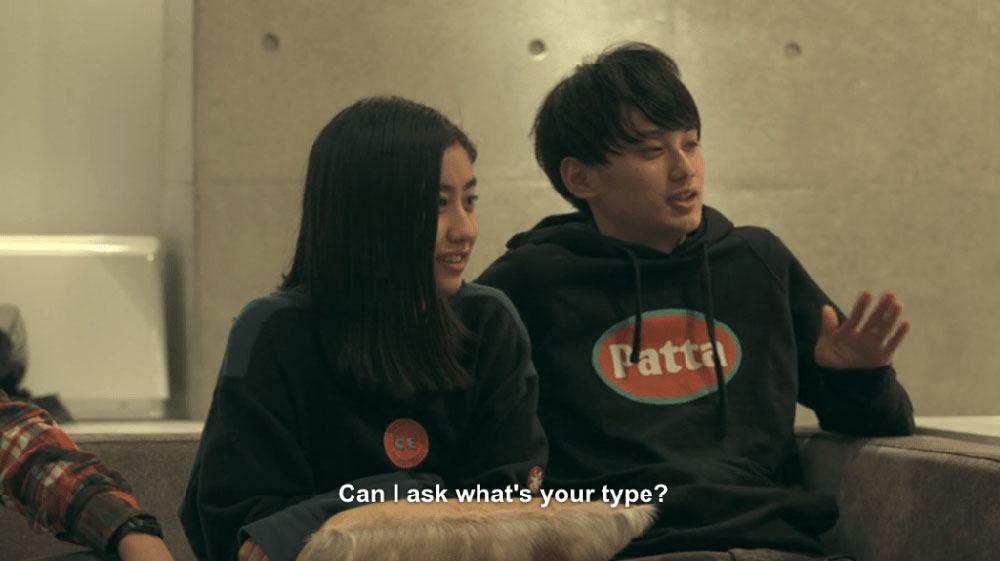
Original
The gulf between the principles of Terrace House reality and the actual reality narrow and often intersect due to how quaint Terrace House is.
The tight camera work and beautifully lit indoor scenes make up for the dearth in drama.
The latest just-concluded Terrace House: Aloha State is the first season filmed outside of Japan.
It was also the show's first attempt to merge Japanese and American culture to match the show's growing American fanbase.
Terrace House ran for eight seasons in Japan on Fuji Television from 2012 to 2014. It was rebooted as a Netflix/ Fuji co-production in 2015 -- a continuation of the franchise.
New audiences are recommended to start with the original, Terrace House: Boys and Girls in the City, which is on Netflix.
This show is a cornerstone in Netflix's mission to create original content for its global offerings.
And it is winning.
If you like what you read, follow us on Facebook, Instagram, Twitter and Telegram to get the latest updates.
